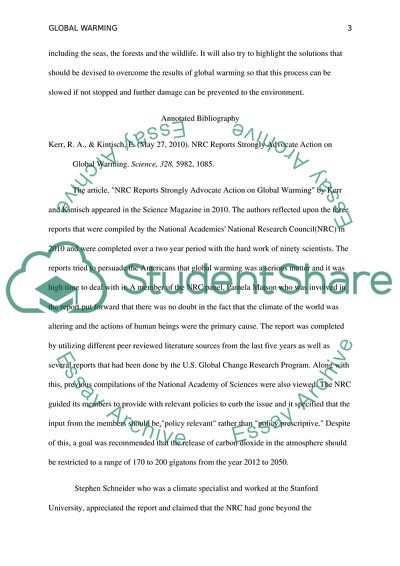Cite this document
(Global Warming: Its Effects and What Needs to Be Done Annotated Bibliography, n.d.)
Global Warming: Its Effects and What Needs to Be Done Annotated Bibliography. https://studentshare.org/environmental-studies/1849630-global-warming-and-climate-change
Global Warming: Its Effects and What Needs to Be Done Annotated Bibliography. https://studentshare.org/environmental-studies/1849630-global-warming-and-climate-change
(Global Warming: Its Effects and What Needs to Be Done Annotated Bibliography)
Global Warming: Its Effects and What Needs to Be Done Annotated Bibliography. https://studentshare.org/environmental-studies/1849630-global-warming-and-climate-change.
Global Warming: Its Effects and What Needs to Be Done Annotated Bibliography. https://studentshare.org/environmental-studies/1849630-global-warming-and-climate-change.
“Global Warming: Its Effects and What Needs to Be Done Annotated Bibliography”. https://studentshare.org/environmental-studies/1849630-global-warming-and-climate-change.


